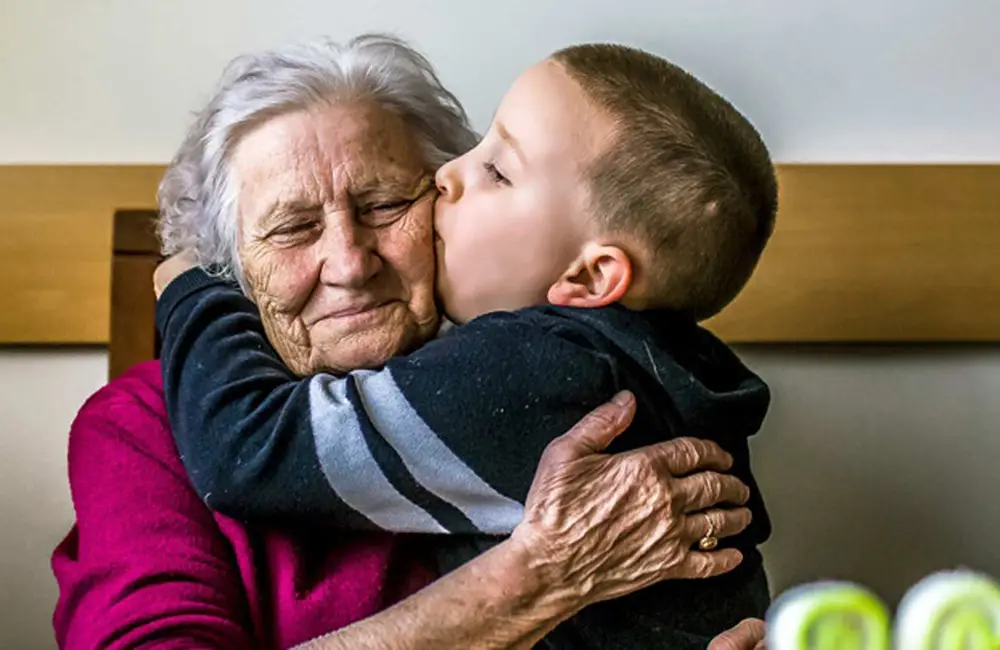Caring for patients with dementia is not easy. Giving appropriate care to someone with this illness can be daunting. Some common issues caregivers face include wandering around, aggressiveness, and miscommunication, among others. However, ensuring their comfort will make your work easier. Mastering some details, therefore, will make sure that you and your patient are both comfortable. Thus, it’ll be easy to fulfill their needs. Here is an outline of how one should handle dementia behavior.
Understanding Dementia Behavior #1: Handling Communication
Communication is often the most challenging problem. Remember that none of us were born knowing how they should communicate with dementia patients. Caregivers, therefore, should improve their communication skills to make their work easier. If one has excellent communication skills, they’ll also correctly handle challenging behavior in people with dementia.
Remember that your attitude and body language speaks louder than your words. One should, therefore, set encouraging moods through facial expression, physical touch, as well as tone variation. These will ensure that your message is delivered affectionately.
Again, it’s wise that a caregiver gets the attention of their patients when communicating. You should, therefore, limit any distractions such as noise from surrounding areas. Address your patient by name and state your message clearly. Also, ensure that you’ve introduced yourself to them.
Additionally, make sure that you listen with not only your ears but eyes as well as your heart. Exercise patience if the person is struggling to reply. One can also suggest words but not often. When responding, ensure that you show affection as well as reassurance.
Understanding Dementia Behavior #2: Sleeplessness and Restlessness
Patients with dementia often suffer from this too. According to Jane Byrne, Project Coordinator at FirstCare nursing home Kildare, “Caregivers should intensify activities during the day and slowly reduce them as bedtime approaches. Training the mind of a dementia patient when to rest is crucial. Caregivers can also remove certain stimulants like coffee and sugar. One should also ask help from doctors to prescribe medications which can help with restlessness.”
Understanding Dementia Behavior #3: Troubling Behavior
The biggest challenge in caring for people with this illness is handling personality and behavior changes. But, caregivers can handle these by being creative, flexible, patient as well as compassion. Avoid taking things personally and all through maintaining a sense of humor.
Remember that you’re caring for a person with a brain disorder. Therefore, you can’t change them. Attempting to control them will leave you frustrated. Instead, try accommodating their behavior. Individuals can also check with the doctor as sometimes the change in behavior can result from underlying medical reasons. It also helps you understand what triggers the behavior and its purpose.
Understanding Dementia Behavior #4: Nutrition
Often, patients with this condition forget to eat or drink anything. But nutrition is an essential requirement when taking care of them. Starting a daily routine where you sit and eat together with the patient can help. Then again, mostly serve soft foods that are calorie-rich. Additionally, as drinks will be required, provide a straw that’ll help them drink. At all times, avoid serving non-nutritious meals.
Understanding Dementia Behavior #5: Wandering
Dementia people sometimes walk aimlessly either because they’re bored or it’s the effects of medication, or they’re trying to fulfill a physical need e.g., thirst, exercise, or need to use the washroom. Wandering poses great danger. But, it’s not easy to determine what triggers wandering. Therefore, ensure that your patient has an ID bracelet that’ll help people identify them. It’s essential that one adds phone numbers in case he/she gets lost.
Caring for dementia patients is difficult. However, it’s essential that you give them continuous care, and this can take a lifetime. You, therefore, should be understanding and patient, especially when it comes to eating, bathing, and communicating. Individuals can also seek support from other people caring for someone with dementia.
Senior LIFE Can Give You Peace of Mind
At Senior LIFE, we realize that it can be a lot for caregivers and their families when someone experiences dementia or other health conditions, but with Senior LIFE, your loved ones can get the care they need while remaining in the comfort of home.
Ultimately, Senior LIFE is a support system, not a replacement for caregivers. Dedicated caregivers play an important part in every participant’s treatment plan, and Senior LIFE can even provide some education for caregivers in matters pertaining to caring for their loved one. Though the program’s focus is on allowing seniors to remain in their homes, Senior LIFE can also help provide respite care, skilled nursing facility care, hospitalization and end of life care if needed.
To enroll in Senior LIFE, seniors must be 55 years or older, live in the service area, qualify for a nursing home level of care, and be able to live safely in the community. Applying is free, and there is no obligation to enroll. To learn more about the LIFE Program, or to see if it’s the right fit for you and your loved ones, contact us today!

